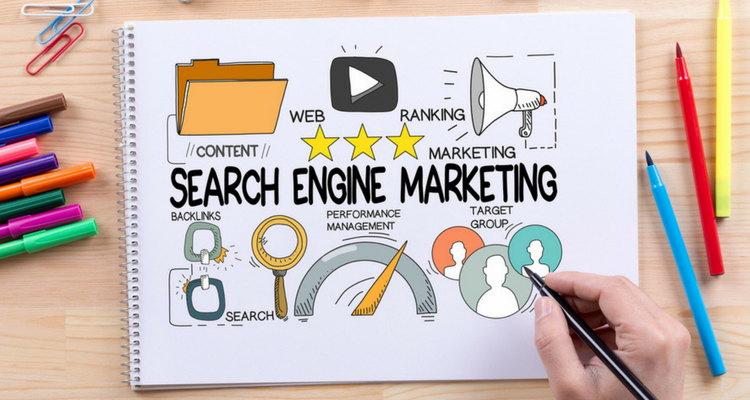Blogs and websites that accept guest contributions often have a dedicated section on the site with blogging guidelines and information about image use. Funny thing is, the information can vary greatly from site to site when it comes to the issue of image use and there’s not really a unified opinion on this. This can create confusion and no easy way knowing whether there’s a risk of facing a takedown notice or a lawsuit, even if every image is used according to guidelines.
There have been cases of bloggers using images on their blog that they didn’t have the license or the permission to use. Sometimes it just happens, when someone misses checking if the image is license free, and sometimes it’s due to the fact someone just downloaded the first suitable photo they found on Google’s Image Search, despite the fact they should know it’s against the law.
Content Factory, for example, faced an $8000 lawsuit because someone from their editorial team used the copyrighted image. They argued that the image they used didn’t have any artistic value, that the author of the image in question isn’t an award winning photographer, as well as that his blog isn’t a popular one. Nevertheless, they had to pay $8000 for the copyright infringement.
If the argument whether one image used in a blog post without permission should be compensated with that amount of money, is set aside for a moment, it leaves us with the question if there is a way to prevent these things from happening?
Filter your Google Image Searches
Google offers a license filtering option when searching for the images to use on a blog or website. Here’s a brief explanation about every one of them:
- Labeled for reuse with modification: This license allows the image to be used as well as modified so it fits the needs of the person using it. This license may be the safest option to use.
- Labeled for reuse: Image is free for use as long as it’s not modified. There’s no strict legal obligation, but rather a moral one to attribute the author of the image. Crediting could be one of the biggest issues that have a major influence on author’s’ decision to restrict the usage of their work.
- Labeled for non-commercial reuse with modification: Usage and modification of images protected by this license are free. However, the use is not allowed for commercial purposes (even for the blog, or website). This means that these photos should be used only for school projects and other non-commercial purposes.
- Labeled for non-commercial reuse: As mentioned above, but slightly different, this license means the image is free to use without modifying it. Of course, the difference also means it can’t be used for the commercial purposes (including being used on the website).
Unfortunately, many people don’t know that posting images on your Facebook profile or Instagram is considered commercial use. When signing up for an account, users grant these platforms “non-exclusive, transferable, sub-licensable, royalty-free, worldwide license to use any IP content that they post on or in connection with Facebook (IP License)” (Source: Facebook Legal Terms Of Use).
Creative Commons
Creative Commons provide few licenses under which anyone can publish their work. However, only Public Domain Dedication license allows the images to be used without asking for the permission. All the other Creative Commons licenses allow only the use of the work under certain circumstances. As mentioned above how attribution is important, here as well the author should be properly credited.
Royalty Free Images
There are plenty of websites on the internet offering royalty free images. However, note that only because no fee is needed for the images it doesn’t mean that someone can simply download and use the image. The images may have restrictions concerning the above mentioned commercial and non-commercial use, modification of the image, as well as the place where the image can be used.
Usually, when using the image from a website that offers royalty free images, the source should still be cited, as well as the name of the author, and preferably the name of the image itself.
Is There a Way to Avoid Crediting the Author?
Yes, there is. However, when the author is not credited, their time and effort put into his work are diminished, and nobody likes that. Every author presents his work to the world in order to reach more people interested in his work. This is why crediting is very important, and every Internet user should have this in mind.
Embedding the image with services that offer embedding code containing info about the author, link to their portfolio, file name, etc could be the very start of preventing malpractice of stealing the images from the web.
No one likes their work being used without proper compensation. Of course, giving away free guides, e-books, etc is great, but even then the author is at least attributed and no one can take away their work from them.
It would be silly to claim that Copyright infringement can be completely stopped. However, right information can help blogger and Internet users to prevent it from happening.
Chloe Miller
Now she's blogging about social media, content marketing and small business tips for a digital publishing platform Fliiby.Still in love with koalas and Sicily.
Latest posts by Chloe Miller (see all)
- The Golden Rule of Image Use on the Internet - May 5, 2016







